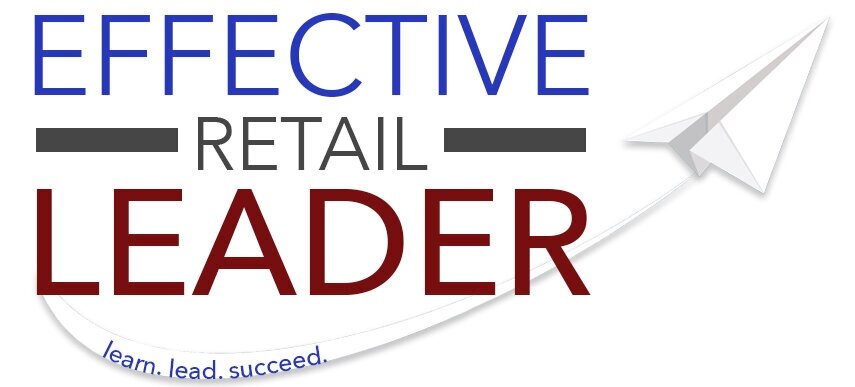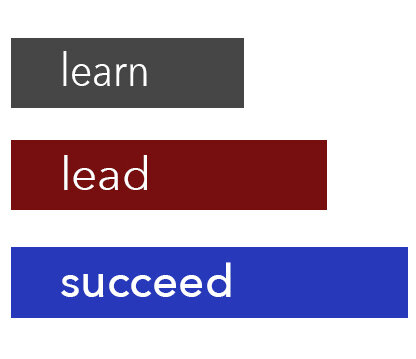Why I Hate the Word Focus
 My next post will discuss why I believe focus is a powerful resource when applied effectively, but first let’s talk about what I hate about the term focus and its misuse in retail.Focus is a powerful thing to have in life and in business. How can I state that I dislike that term? I have three key reasons that I dislike the term focus.
My next post will discuss why I believe focus is a powerful resource when applied effectively, but first let’s talk about what I hate about the term focus and its misuse in retail.Focus is a powerful thing to have in life and in business. How can I state that I dislike that term? I have three key reasons that I dislike the term focus.
It is overused and largely misunderstood in our world of retail
We tend to use the term focus when we have uncovered a deficiency of some sort and we need an immediate correction. A supervisor, district manager, or regional manager identifies an area of underperformance and asks, “why are you performing this way?” The default answer is often, “we haven’t been focusing on it.” Or when asked what will be done to correct an area, the common response is to say, “we’ll focus on that.” Pretty soon you have a million things you’re “focusing” on. In many cases, we use the term focus to deflect away from the root cause of an issue. A lack of focus is rarely the real reason that something is not getting done in a retail type environment. Or any environment for that matter.Focus cannot be something that is constantly moving. That is a live action game of whack a mole. I’ll focus on this and then I’ll focus on that. That will not work and I would not call that focus at all.
People end up with too many focus items
As I mentioned above, it is easy to end up with many things that you state you need to focus on. If you have many things that you are focusing on, then there is no focus. Just many things you have to do. Once you get beyond three or four things that you want to focus on, it becomes challenging to manage them all. We lose track of what we want to accomplish and thus, lose focus.Keep track of what you are committing to focus on and ensure you do not overextend yourself. Look for other resources or leverage your team to ensure that everyone understands what needs to be accomplished. We will discuss more of this in part two of this series.
Your focus doesn’t tie back to the bigger picture
Now that focus has been misused and overcommitted, we have lost sight of what we wanted to achieve in the first place. As you look at what you are committing to focus on, ask yourself a few questions. Why do I need to focus on that? How will that tie back to my commitment to my team? To my customer? To my business overall? If it doesn’t neatly tie back in, you’re probably working on the wrong thing. You should also ask whether this is the real cause of the problem you are trying to solve for. In many cases when we overcommit without asking the questions, we find ourselves chasing different things in different directions. An old proverb illustrates this perfectly:
Chase two rabbits and catch neither - anonymous
Those are some of my key dislikes for the term focus. There is, however, a role that focus must play in our long-term success. So, what is focus? Here is a simple definition:
Focus - a central point, as of attraction, attention, or activity
Focus has to be about key areas of the business that you will dedicate specific time and resources to. You will need to have targeted measurements and plans to impact the area you are focusing on. This should lead to long-term behaviors and routines that allow the processes to remain in place and become part of your business. Only then can you shift your attention to the next area of your business.In the next post, we will look at why focus is a powerful resource when used effectively.How can you avoid some of the pitfalls of misusing your focus? Click here or on the comments button above to share your thoughts.

